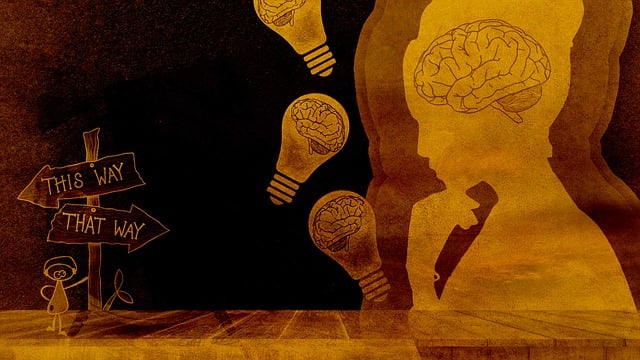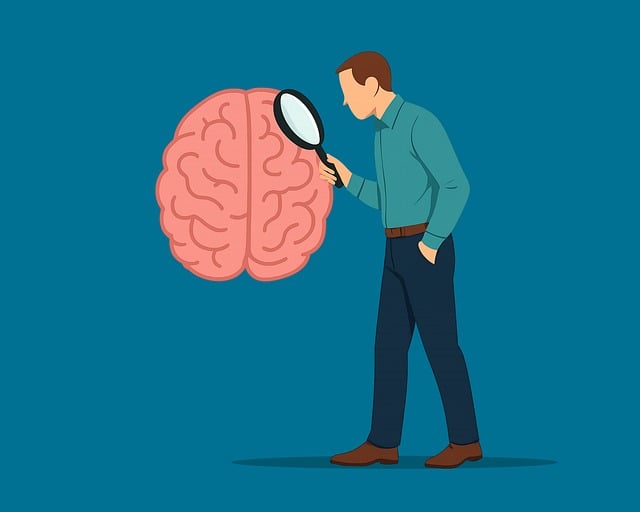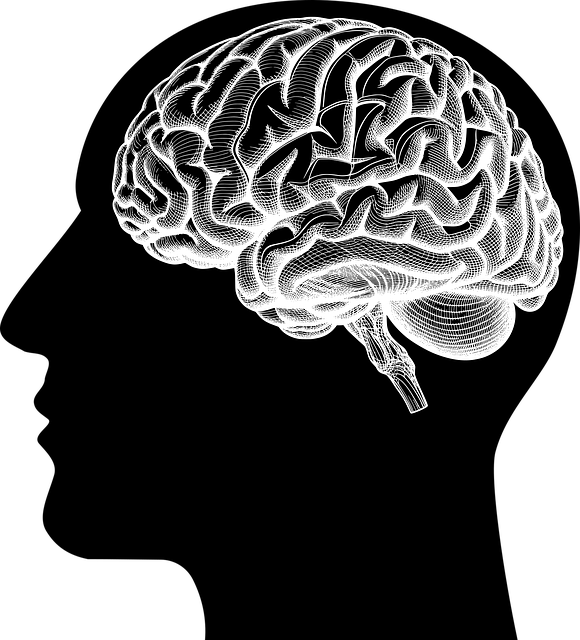Denver Polyamorous and Open Relationships Therapy (DPORT) offers specialized social skills training for individuals with mental health conditions, focusing on non-monogamous relationship dynamics. This unique approach combines self-awareness exercises, communication strategies, and stress management techniques to improve emotional well-being and build confidence in social situations. DPORT helps clients navigate the challenges of polyamorous or open relationships, reduce stigma, and foster deeper connections, ultimately enhancing their overall mental health through improved communication and relationship dynamics.
Social skills training is a powerful tool for individuals navigating mental health conditions. This article explores the intricate link between social interactions and mental well-being, delving into how mental health challenges can affect social relationships. We introduce Denver Polyamorous and Open Relationships Therapy (DPORT), a pioneering approach aiding clients in fostering healthy connections. By examining key training components, we highlight the benefits for real-life applications, empowering individuals to enhance their social skills and overall mental health.
- Understanding the Connection Between Social Skills and Mental Health
- The Impact of Mental Health Conditions on Social Interactions
- Denver Polyamorous and Open Relationships Therapy: A Unique Approach
- Key Components of Effective Social Skills Training
- Benefits and Real-Life Applications for Individuals with Mental Health Conditions
Understanding the Connection Between Social Skills and Mental Health

Social skills training plays a pivotal role in managing mental health conditions, as the connection between social interaction and emotional well-being is profound. Many individuals struggling with anxiety, depression, or other mental health issues often find themselves isolated, which can exacerbate their symptoms. Effective therapy involves recognizing that improving one’s social abilities can lead to enhanced self-esteem, reduced feelings of loneliness, and better coping mechanisms. It empowers individuals to engage in meaningful connections, fostering a sense of belonging and support.
At Denver Polyamorous and Open Relationships Therapy, we emphasize the importance of developing inner strength through self-awareness exercises and confidence-boosting strategies. By learning effective communication techniques, building assertive skills, and practicing active listening, clients can navigate social situations more comfortably. These abilities are crucial for forming and maintaining healthy relationships, which is a key component of overall mental health and well-being.
The Impact of Mental Health Conditions on Social Interactions

Mental health conditions can significantly impact an individual’s social interactions and overall ability to connect with others. Conditions such as anxiety disorders, depression, or bipolar disorder often manifest in ways that affect communication and relationship-building. For instance, individuals might struggle with initiating conversations, maintaining eye contact, or expressing their feelings openly. This can lead to feelings of isolation and further exacerbate the impact of the mental health condition.
In Denver, polyamorous and open relationships therapy has emerged as a valuable approach to address these challenges. Through specialized treatments, individuals learn essential empathy-building strategies to improve their social skills. Therapists guide clients in developing coping skills that enable them to manage stress and navigate social situations more effectively. By incorporating techniques such as active listening, non-verbal communication awareness, and emotional regulation, clients can foster deeper connections with friends, family, and partners, thereby enhancing their overall well-being.
Denver Polyamorous and Open Relationships Therapy: A Unique Approach

In a unique twist on traditional therapy, Denver Polyamorous and Open Relationships Therapy (DPORT) offers an innovative approach to addressing mental health conditions. This specialized form of counseling recognizes the growing need for support structures that cater to non-monogamous relationships and their associated challenges. DPORT provides a safe space for individuals within polyamorous or open relationships to explore and navigate the complex dynamics at play, fostering better communication, understanding, and emotional well-being.
By focusing on building confidence boosting skills tailored to these specific relationships, DORT helps couples and individuals enhance their public awareness campaigns development while promoting emotional well-being promotion techniques. This approach not only strengthens interpersonal connections but also empowers participants with the tools to manage potential stigma and societal misconceptions surrounding polyamory and open relationships.
Key Components of Effective Social Skills Training

Social Skills Training for mental health conditions should focus on several key components to be effective. Firstly, Denver Polyamorous and Open Relationships Therapy offers a unique perspective by addressing the specific social dynamics that can arise in non-monogamous relationships. This includes teaching individuals how to navigate complex communication patterns, set boundaries, and foster healthy connections while managing potential stigma associated with mental illness.
Additionally, these programs should incorporate Mental Illness Stigma Reduction Efforts, promoting understanding and empathy within peer groups. By fostering a supportive environment, participants can build Confidence Boosting strategies that translate into real-world interactions. Stress management techniques, role-playing scenarios, and group discussions are powerful tools to enhance social comfort and resilience, ultimately empowering individuals to manage their mental health more effectively in social settings.
Benefits and Real-Life Applications for Individuals with Mental Health Conditions

Social skills training plays a pivotal role in empowering individuals with mental health conditions to navigate social interactions with confidence and ease. Beyond improving communication and relationship-building abilities, this form of therapy offers numerous benefits tailored to their unique challenges. By learning effective strategies for initiating conversations, interpreting social cues, and expressing emotions, participants gain the tools to foster meaningful connections and reduce feelings of isolation.
In real-life settings, these acquired skills translate into enhanced social participation in various contexts, including educational institutions, workplaces, and community gatherings. For instance, individuals with mental health conditions may find it easier to join support groups or engage in activities that promote a sense of belonging, thereby mitigating the adverse effects of social anxiety or depression. The Denver Polyamorous and Open Relationships Therapy, for example, can specifically address dynamics within non-monogamous relationships, fostering understanding, communication, and acceptance among partners struggling with mental health issues. This holistic approach not only strengthens interpersonal bonds but also contributes to broader Mental Illness Stigma Reduction Efforts by promoting positive interactions and understanding in diverse relationship structures. Moreover, cultivating social skills encourages the development of a support network that can offer encouragement, practical assistance, and a sense of belonging—crucial elements for managing symptoms and enhancing overall well-being. Positive Thinking is also fostered through successful social interactions, contributing to a more optimistic outlook on life.
Social skills training, particularly innovative approaches like Denver Polyamorous and Open Relationships Therapy, offers a promising path forward for individuals navigating mental health conditions. By targeting social interactions and building essential communication skills, this form of therapy empowers people to foster meaningful connections and improve their overall well-being. The benefits are clear: enhanced social integration, increased self-confidence, and improved coping strategies. This tailored approach ensures that those facing mental health challenges can lead more fulfilling lives by embracing supportive relationships and navigating social environments with newfound ease.











